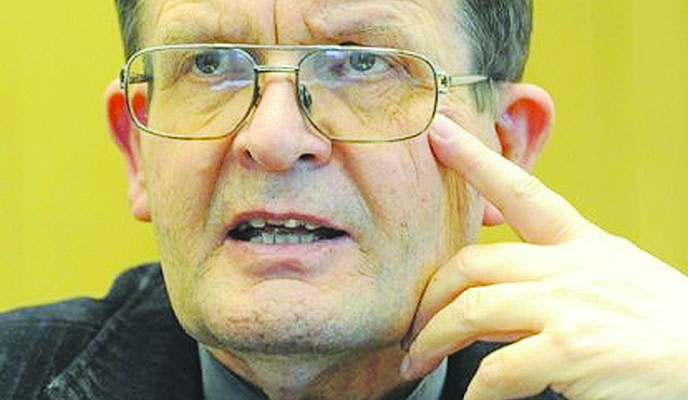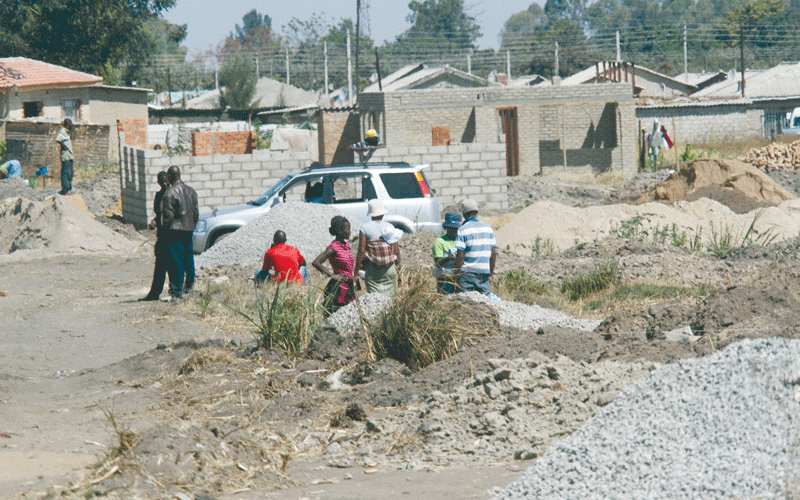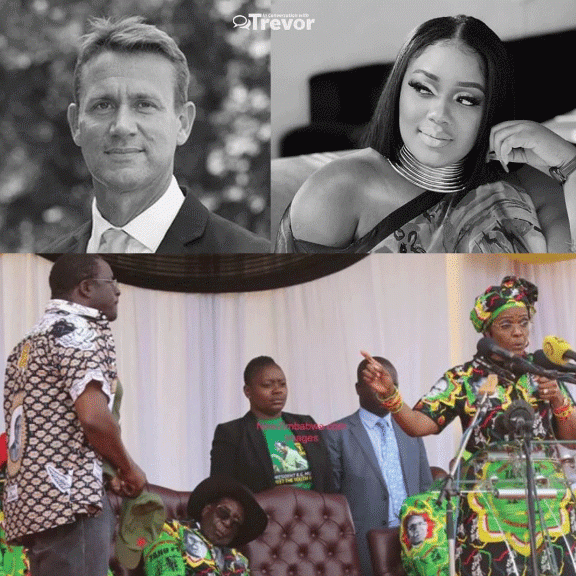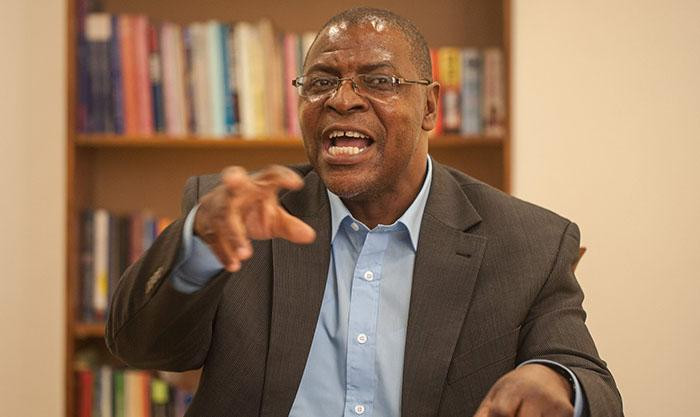
FROM the earliest days, there were chiefs and leaders, on the one hand, and servants for the use and convenience of the “big men and dominating women”, on the other.
Guest Column: Fr Oskar Wermter SJ
Kings could not do without the common people, and the servant class tried to please their overlords. No one ever questioned the “status quo”.
This division is still there, and no one has as yet done away with it. “Parking boys” keep addressing you as “boss”, party members humbly address their superiors as “chefs”.
This submissive, deferential attitude is so deeply rooted in the psyche of the common people, it is yet be uprooted.
“What are human beings that you spare a thought for them,/ Or the child of Adam that you care for him?” (Psalm 8)
The poet who wrote these lines thousands of years ago in the Middle East, and his contemporaries in Israel, learnt only by and by that any human being, a person, a responsible man or woman, even a child, is infinitely precious in the eyes of his/her Creator.
In ancient Rome, the head of the family had the right to reject a new child born to him and have him/her done away with.
- Chamisa under fire over US$120K donation
- Mavhunga puts DeMbare into Chibuku quarterfinals
- Pension funds bet on Cabora Bassa oilfields
- Councils defy govt fire tender directive
Keep Reading
The “Patriarch” had the power to decide about life and death. Life was not untouchable, it was not “infinitely precious” or protected at all.
Human life had a definite price, and slaves were traded on the market place. A slave became a piece of property, to be bought, sold, swapped or bartered.
That a person was no longer a “thing” or a “disposable object” people learnt only gradually, over a long time.
Landowners could not do without serfs and bondsmen who were born into their lowly state and had no right to self-determination and independence. Only the Enlightenment brought “liberty, equality, fraternity”.
At least in theory. In practice, the common people, depending on wage labour, were far from being independent.
Leaders of nations and their generals had an insatiable appetite for military manpower. Recruiting officers caught young men for the army even very much against their will.
Thousands were slaughtered on the battlefields of the First and Second World War, while the commanding officers survived watching from a safe distance.
Fanatical party leaders had millions liquidated if they did not fit into their ideological framework (Germany, Cambodia).
Presidents call for more weapons, more soldiers, faster military “solutions”. Very few critical voices call warfare, the “military-industrial complex” and a standing army into question.
Even today, “revolutionary” armies recruit by force, so that “child soldiers” learn how to operate lethal weaponry.
Young boys are used for the cause of “freedom”, though they are slaves, the property of “warlords”.
Children learn in school that slavery, both in the West and in the East, was abolished by philanthropists in the early 19th century: in the meantime, it has emerged again in the form of human trafficking.
“Drug lords” need “runners” to deliver their “merchandise” across national and continental boundaries.
As long as there are addicts and there is demand for drugs, and for “sex workers”, the unemployed will fall into such traps and be used and abused as slave labour.
I remember going down a copper mine. Aware of the risks involved in mining, the safety officer, a man of conscience, knew how to keep loss of life very low; there were more fatal road accidents than mining disasters.
But you do not have to go down a mine to meet with danger. In some family homes, the children are exposed to greater risks.
There is need to protect the little ones against unscrupulous adults through spreading information and engaging in education.
Are we in our culture really convinced that a child — any child — is precious, and that adults are duty-bound to be ready for their defence at all times?
What does a child learn from watching TV about the value of human life and the right of all citizens to be protected?
What impression does a child get when watching reports on random killings, killers breaking into classrooms and assassinating students as well as their teachers?
Must they not think that human life is cheap, and that anyone is free to play lethal games with it?
Young people seem to watch very violent films as a matter of sheer entertainment. Maybe they are imitating their TV addict elders.
For me, violence is misleading young people as yet unable to discern good and bad.
Can murder and violence, killing and cruelty be a sound lesson for boys and girls who have never seen real violence and real blood?
The poet sings in praise of us human beings who were formed and moulded for great beauty: “Yet you have made him lord of the works of your hands,/ put all things under his feet.” (Psalm 8).
This must enable us to show great respect and reverence for every human being, appreciate their greatness in the midst of creation.
If we have such a positive vision, our task is clear: We are our brother’s and sister’s keeper, guardian of all who live and breathe because the spirit of God is in them and drives them on.
Xenophobia is blind to the manifold beauty and attractiveness of people in their various appearances, with their never-ending gifts and talents.
If we can say Yes to the glory and wonder displayed by humankind, who can murder and kill them, throw them away like thrash?
The imagination of children should not be spoiled by images of terrifying monsters, but also show reconciled people.
It is not guns and bombs that bring about a new order in this world, but mutual acceptance in peace.
Human dignity has nothing to do with social status. A rag picker or refuse collector may be more aware of his human dignity than a politician, may have been more aware of the humanness of a mother selling tomatoes at the street corner.
Her dignity is not the product of her social condition, but of her origin as a child of our Maker. No one can give her more, nor diminish it.
But we recognise her origin and her purpose in life which is more than surviving in informal business. It is caring for, and giving herself to, her family, her loved ones to the end.
That makes her special, almost unique in her environment, her dedication and determination gives true expression to her innate dignity, not acquired through work alone, but received as a gift.
She may be low on the social scale, but her responsible behaviour as a parent puts her above the so-called “dignitaries”.
The old distinctions of high and low, considered an unchangeable law of nature, no longer hinder her.
With her, society can make a new start in the midst of decay, as children of one Maker, all (not just “ prophets”) tasked with renewing “the face of the earth”.
Father Oskar Wermter SJ is a social commentator











